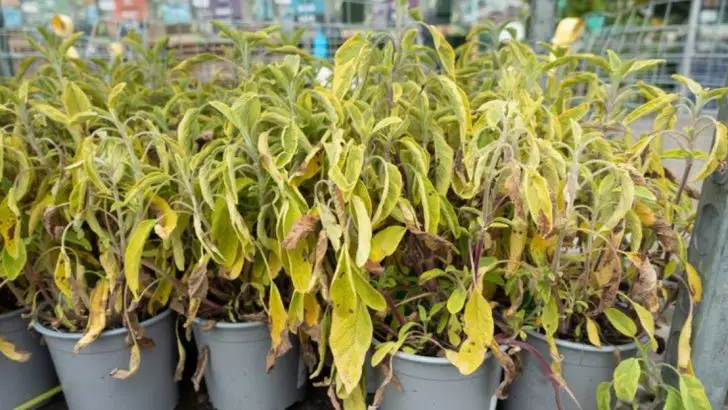Early summer is a critical time for your garden, and making the wrong moves can lead to stressed plants, poor growth, and even pest infestations. As temperatures rise, it’s important to adjust your gardening approach to keep everything thriving.
In this article, we highlight 20 things you should never do in early summer gardening. From overwatering and neglecting mulch to planting at the wrong time and forgetting pest control, these common mistakes can set your garden back just when it should be flourishing. Follow these tips to ensure a healthy, productive, and beautiful garden all summer long!
Overwatering Plants
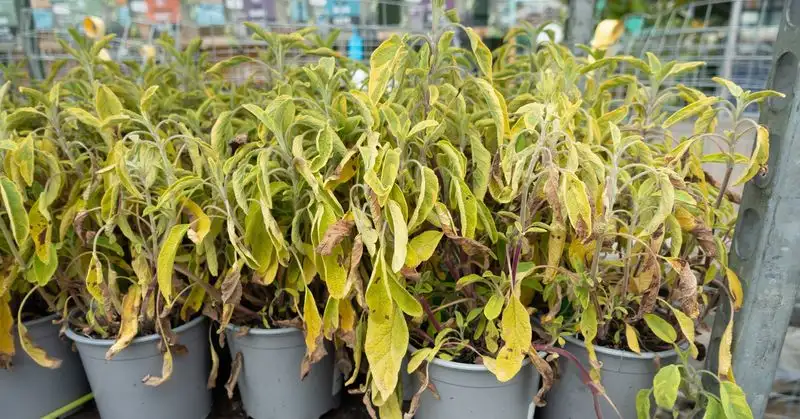
Providing too much water can drown roots, leading to rot. In early summer, the temptation to water frequently increases due to rising temperatures. However, plants need a balance between moisture and air. Check soil moisture by inserting a finger an inch deep; if it’s still moist, hold off on watering. This simple practice avoids waterlogged soil.
Different plants have varied moisture needs. Group them according to their watering requirements. Consider using drip irrigation or soaker hoses to control water delivery. Making these small adjustments ensures plants receive only the necessary hydration, promoting healthier growth and preventing disease.
Ignoring Fertilizer Needs
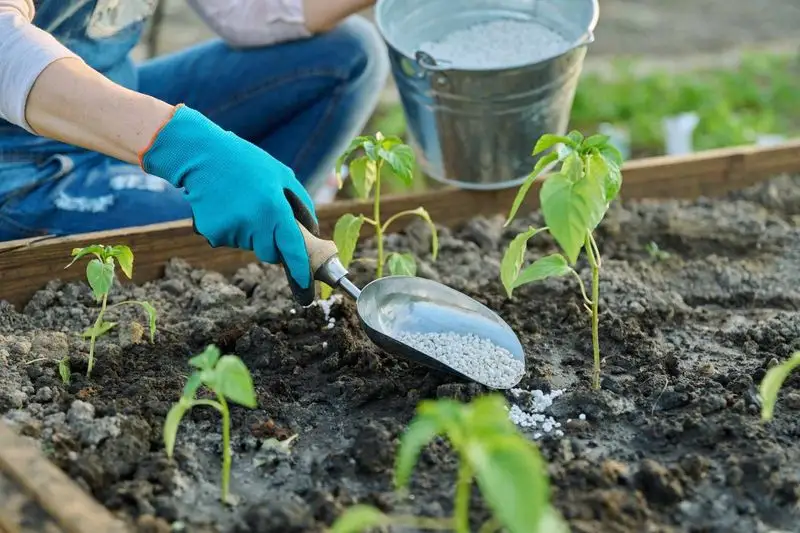
Neglecting to fertilize can lead to weak plants. Nutrients become depleted over time and early summer is ideal for boosting soil fertility. Assess the nutrient needs specific to your plants. Use a balanced fertilizer or one tailored for particular plant types.
Organic options like compost or well-rotted manure can enrich the soil naturally. Incorporating these into your routine not only feeds the plants but also improves soil structure. By addressing nutrient needs early, plants are better equipped to handle stressors, resulting in robust growth and vibrant blooms throughout the season.
Planting at the Wrong Time
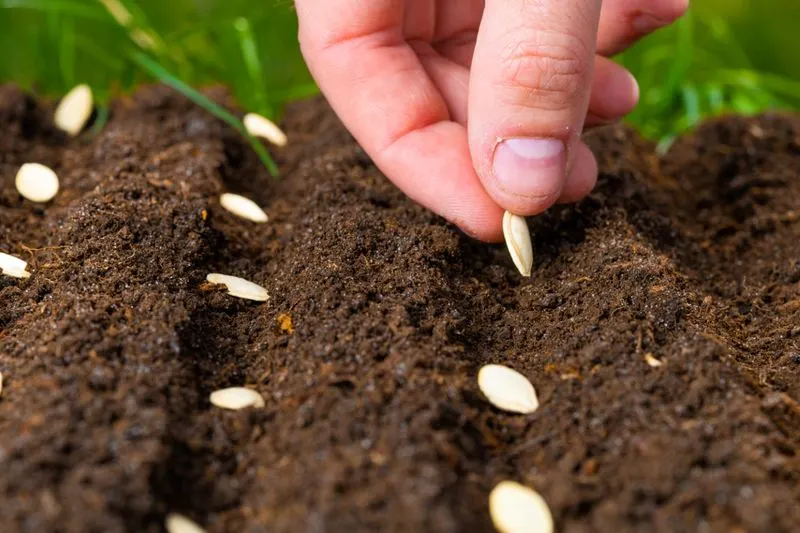
Planting during the hottest part of the day can stress young plants. Early morning or late afternoon provides ideal conditions. The heat of midday can cause seedlings to wilt or suffer shock.
Choose cool, cloudy days for transplanting if possible. This reduces the risk of heat stress. Timing is crucial; ensure your planting schedule aligns with specific plant needs. By planting at the right time, you give your garden the best chance to thrive, allowing plants to establish roots without the added burden of direct sunlight and heat.
Neglecting Pest Control
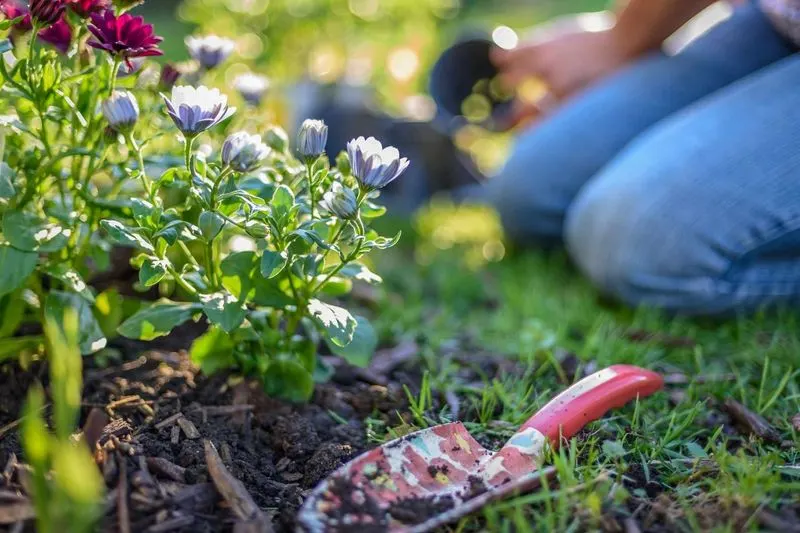
Pests can quickly become a problem if overlooked. Early summer is when many insects become active and can damage plants significantly. Regular inspection is vital. Examine leaves and stems for signs of pests like aphids or caterpillars.
Integrated Pest Management (IPM) strategies can help. Use natural predators or organic sprays to keep pest populations in check. Early detection and intervention prevent small issues from escalating. Protecting your plants from pests ensures their health and vitality, allowing them to grow stronger and produce more throughout the season.
Skipping Mulching
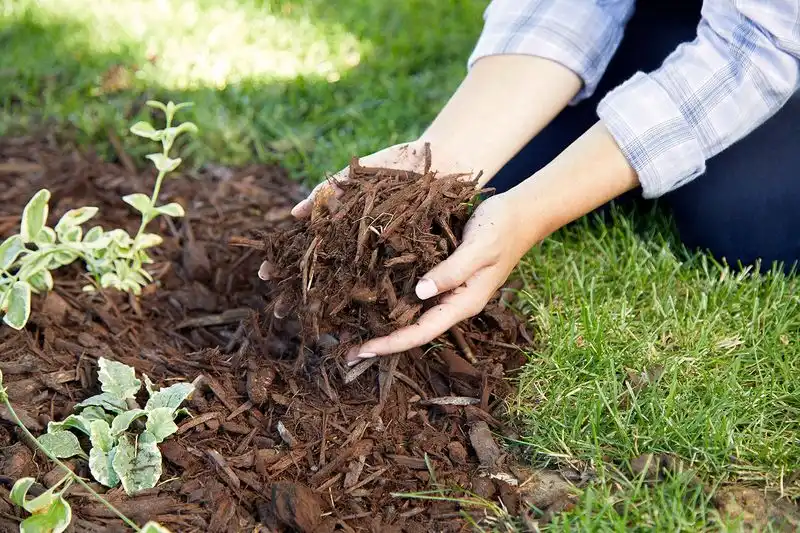
Mulch plays a crucial role in retaining soil moisture and suppressing weeds. Without it, soil dries faster and weeds compete for resources. Apply a layer of organic mulch, like straw or wood chips, around your plants.
This practice not only conserves moisture but regulates soil temperature. Mulching also enriches the soil as it breaks down. It creates a more stable environment for plant roots, leading to healthier growth. By ensuring proper mulching, you protect your garden from the harsh effects of early summer weather changes.
Crowding Plants
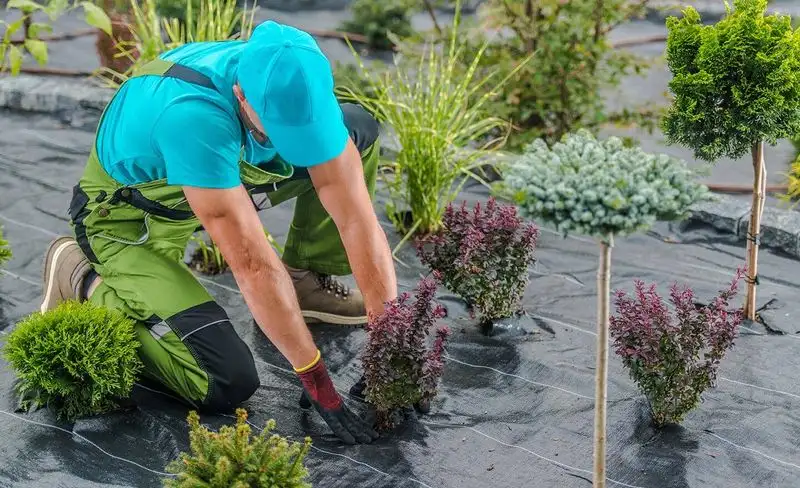
Plant spacing is pivotal for healthy growth. Overcrowding limits access to sunlight and nutrients, causing plants to struggle. It also increases humidity around foliage, encouraging diseases.
Refer to planting guides for recommended spacing. Allowing room for each plant improves airflow and access to sunlight. This setup minimizes fungal issues and promotes robust development. Proper spacing ensures your garden thrives, with plants reaching their full potential without unnecessary competition or stress.
Using Dull Tools
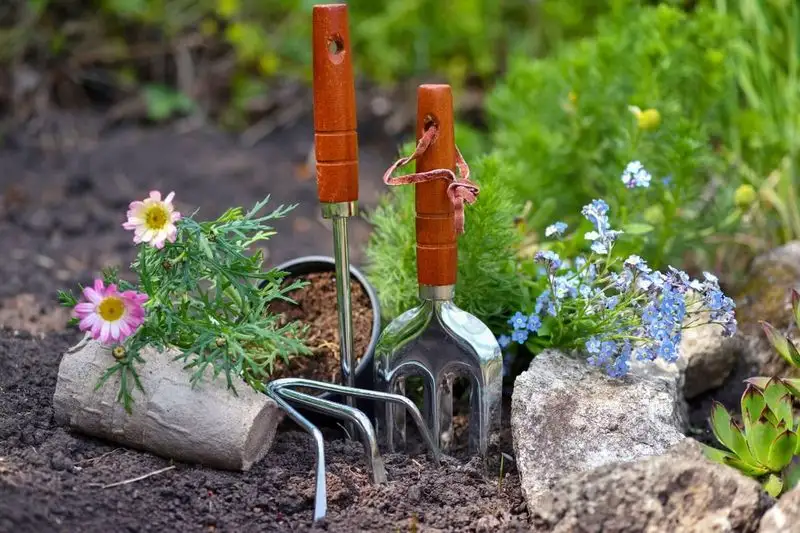
Maintaining sharp tools is essential for clean cuts and plant health. Dull tools can tear plant tissue, making them more susceptible to disease. Regularly sharpen your shears, pruners, and other cutting tools.
A sharp blade ensures a precise cut, reducing stress on plants and promoting quicker healing. Investing time in tool maintenance pays off with healthier plants and more efficient gardening. Clean cuts prevent disease and allow plants to recover swiftly, supporting vigorous growth during the busy early summer months.
Ignoring Soil pH
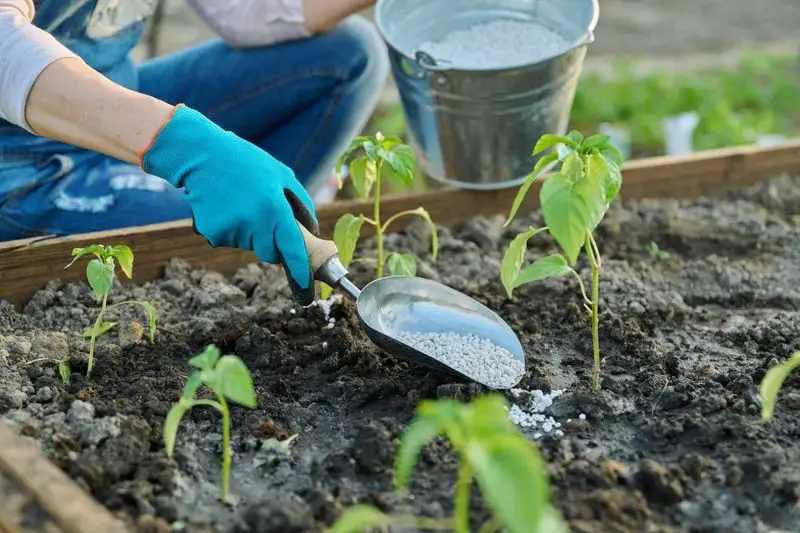
Soil pH affects nutrient availability. Ignoring it can lead to poor plant health. Test your soil’s pH level; kits are readily available. Most plants prefer a slightly acidic to neutral pH.
Amend the soil if necessary. Lime can raise pH, while sulfur or organic matter can lower it. Adjusting pH ensures plants absorb the nutrients they need. Understanding and managing soil pH fosters a thriving garden, providing a foundation for your plants to flourish in early summer conditions.
Avoiding Pruning
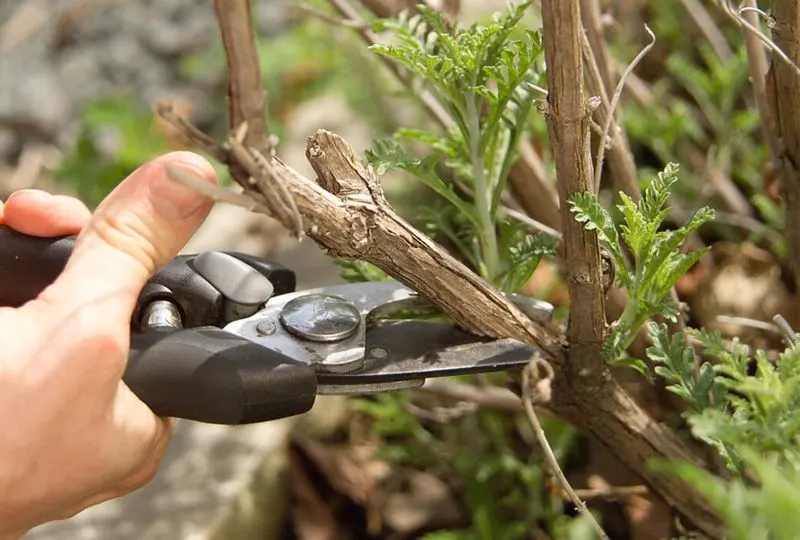
Pruning is vital to plant health and shape. Neglecting it can lead to leggy growth and reduced flowering. Remove dead or diseased branches to direct energy to healthier parts.
Timing is key. Prune flowering shrubs after blooming to encourage new growth. Regular pruning keeps plants in check and enhances their appearance. Proper pruning techniques ensure your plants remain robust and attractive, maximizing their potential throughout the early summer season.
Forgetting to Weed
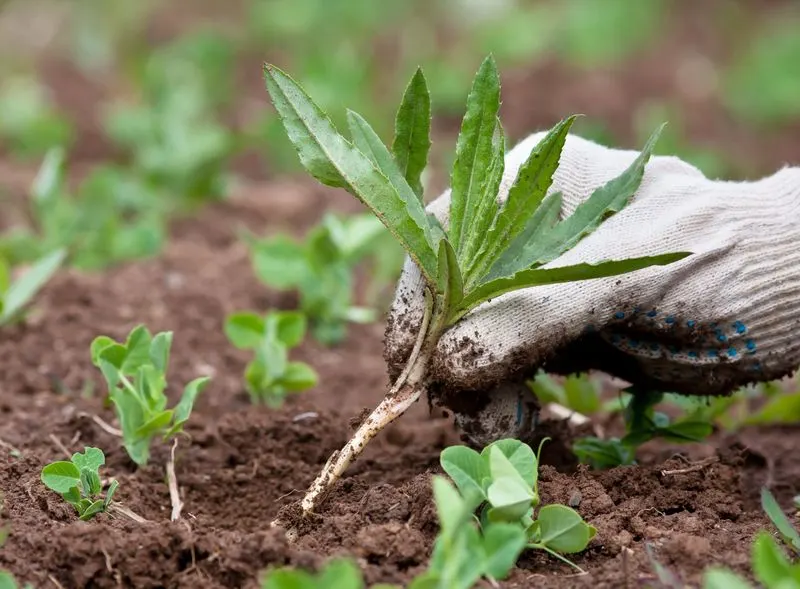
Weeds steal nutrients and water from your plants. Regular weeding is crucial to maintaining a healthy garden. Early summer is when weeds can quickly take over if unchecked.
Consistent removal prevents them from setting seed and spreading. Use tools or hand-pull weeds to avoid disturbing plant roots. Keeping on top of weeds reduces competition for resources, allowing your garden to flourish. A weed-free garden supports stronger growth and more abundant blooms.
Ignoring Perennials
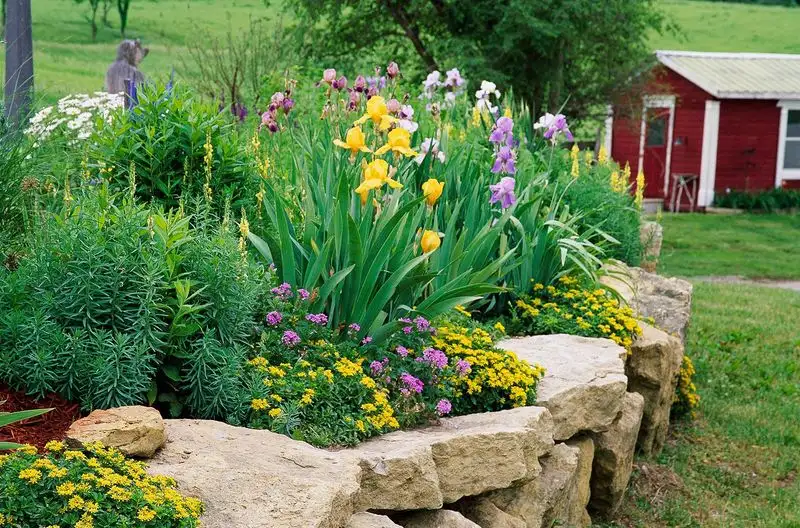
Perennials require attention even after initial planting. Ignoring them can result in diminished vitality. Divide overcrowded perennials to promote blooming.
Support taller plants to prevent damage from summer storms. Apply mulch and ensure regular watering. By attending to perennials, you maintain their vigor and beauty. Proper care encourages continued flowering and a lively garden atmosphere throughout the early summer.
Neglecting Sun Exposure
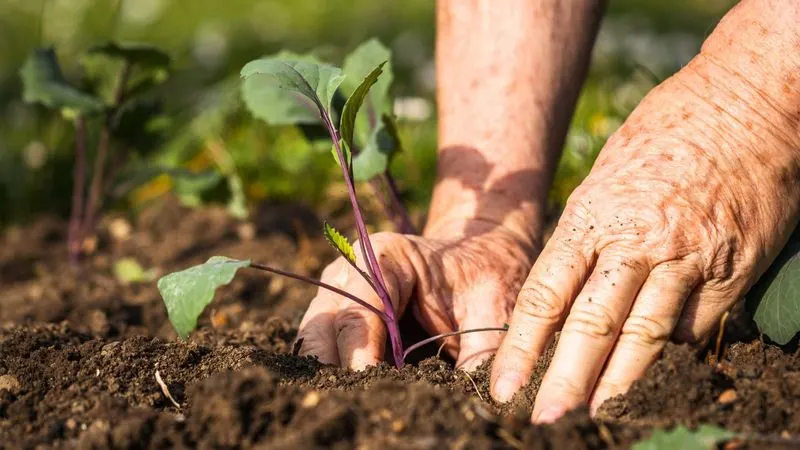
Light is essential for photosynthesis and plant growth. Misjudging sun exposure can hinder plant development. Observe your garden’s sunlight patterns.
Position sun-loving plants where they receive adequate light and shade-loving ones in cooler spots. This arrangement promotes optimal growth conditions. Understanding the light needs of each plant ensures they thrive, providing a balanced and harmonious garden environment.
Failing to Rotate Crops
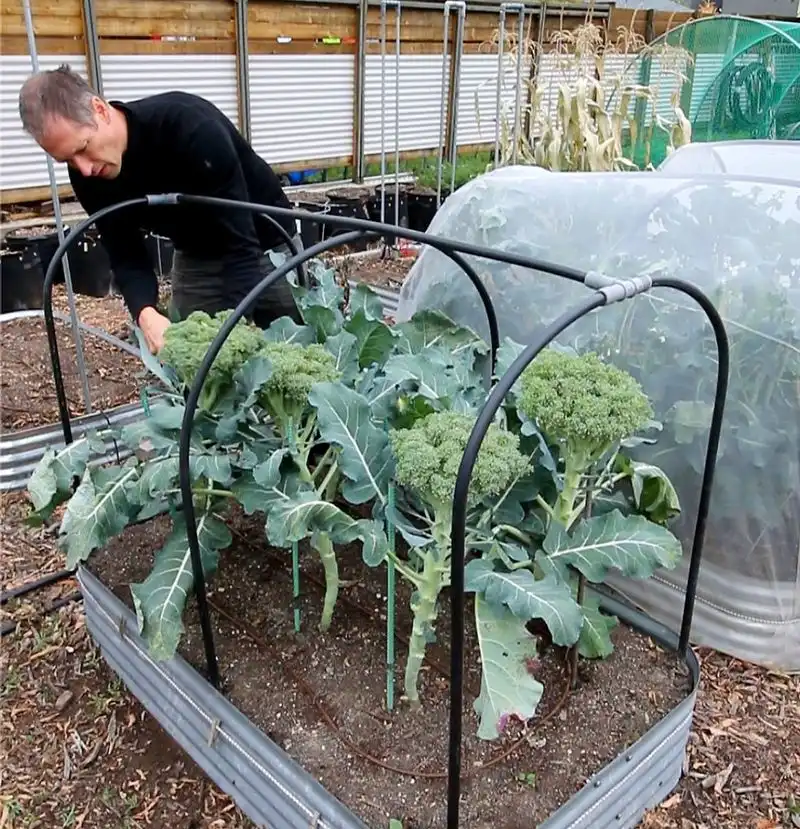
Crop rotation prevents soil depletion and reduces pest buildup. Planting the same crops repeatedly in one spot can lead to disease and diminished yields.
Rotate crops to different areas each season. This practice disrupts pest cycles and improves soil health. By varying plant locations, you enhance garden productivity and sustainability. Crop rotation is a valuable strategy for maintaining a resilient and productive garden year after year.
Skipping Soil Testing
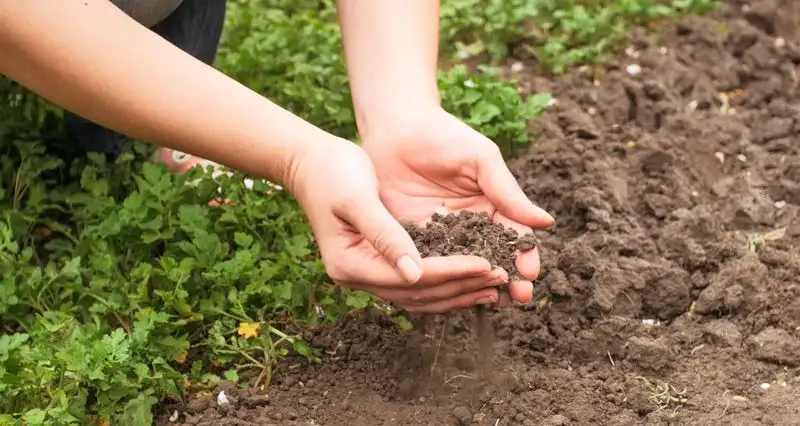
Understanding soil health is crucial. Skipping soil testing can lead to nutrient imbalances. Test soil annually to tailor your fertilization strategy.
Amendments based on testing results improve plant growth. Knowing what your soil lacks helps you provide the right nutrients. This informed approach supports a thriving garden, ensuring plants receive optimal care and support throughout the growing season.
Overlooking Companion Planting
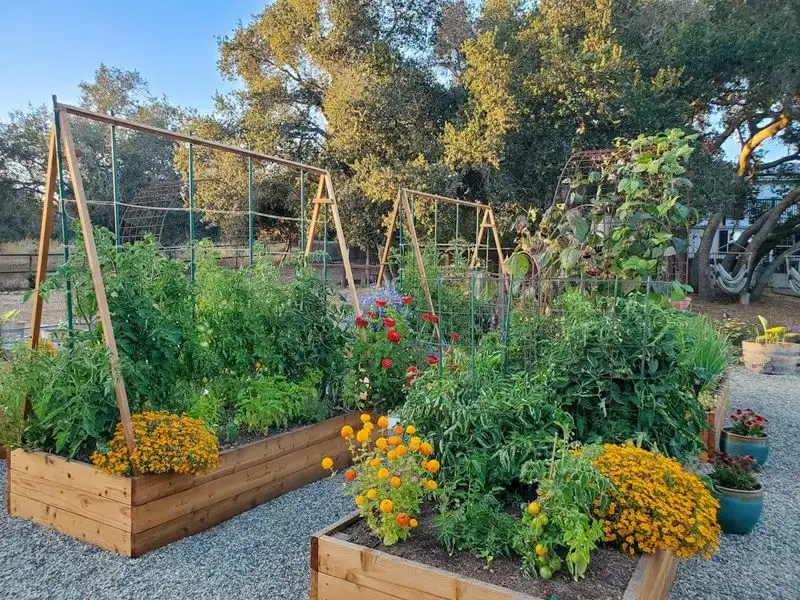
Companion planting offers natural pest control and growth benefits. Overlooking this can result in missed opportunities for enhancing plant health.
Pair plants strategically to maximize their advantages. For example, marigolds deter nematodes in vegetable beds. Understanding plant relationships supports a healthier, more productive garden. Implementing companion planting strategies enriches your gardening experience, promoting a balanced ecosystem.
Using Chemical Pesticides
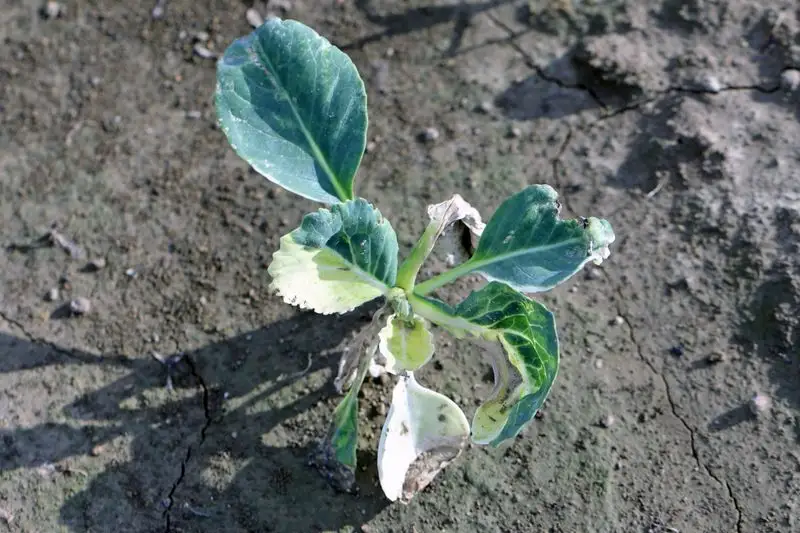
Chemical pesticides harm beneficial insects and the environment. Explore organic alternatives for pest control. Neem oil, insecticidal soap, and diatomaceous earth are effective options.
Encourage natural predators like ladybugs and birds. By reducing chemical use, you create a safer garden environment. Embracing organic methods fosters biodiversity and promotes a healthier ecosystem, ensuring your garden thrives without compromising ecological balance.
Neglecting Tree Care
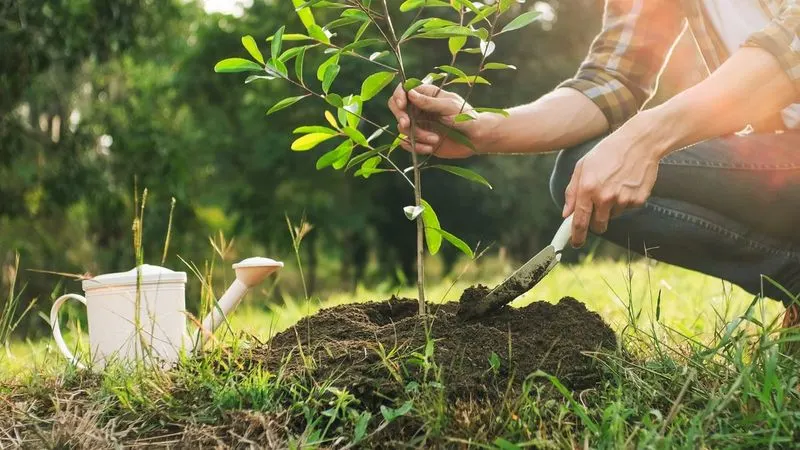
Trees are garden anchors but require care to thrive. Neglecting them can lead to structural issues. Inspect trees for deadwood and prune as needed.
Mulch around the base to retain moisture and suppress weeds. Regular care ensures trees provide beauty and shade without becoming hazards. Proper tree maintenance supports a vibrant garden, offering aesthetic and functional benefits during the early summer.
Forgetting Plant Labels
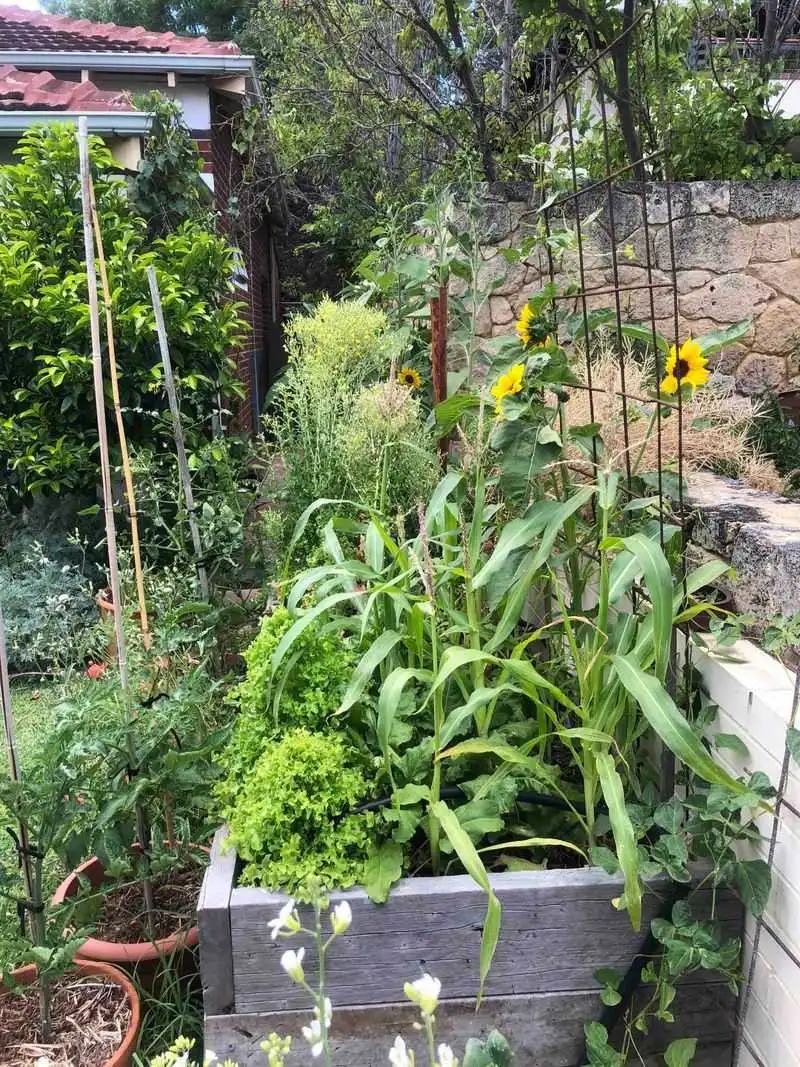
Labels help track plant growth and care needs. Forgetting them can lead to confusion. Use durable labels to mark plant types and care instructions.
This practice aids in monitoring growth habits and identifying plants during different stages. Labeling simplifies garden management, allowing for accurate care and informed decisions. Keeping plants properly identified enhances your gardening efficiency and enjoyment.
Underestimating Weather Impact
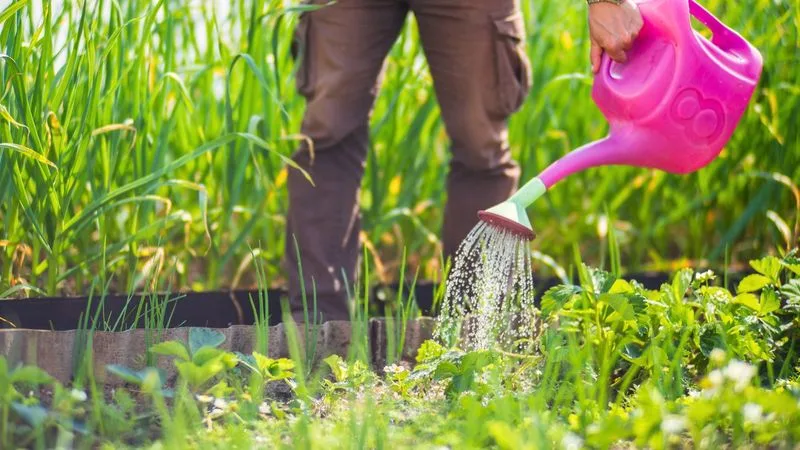
Weather can be unpredictable, impacting plant health. Stay informed about forecasts to prepare accordingly. Protect vulnerable plants from extreme conditions.
Use covers or move potted plants as needed. Understanding weather patterns allows you to take proactive measures. By anticipating changes, you safeguard your garden from potential damage, ensuring its resilience and vitality through early summer’s challenges.
Overlooking Water Conservation
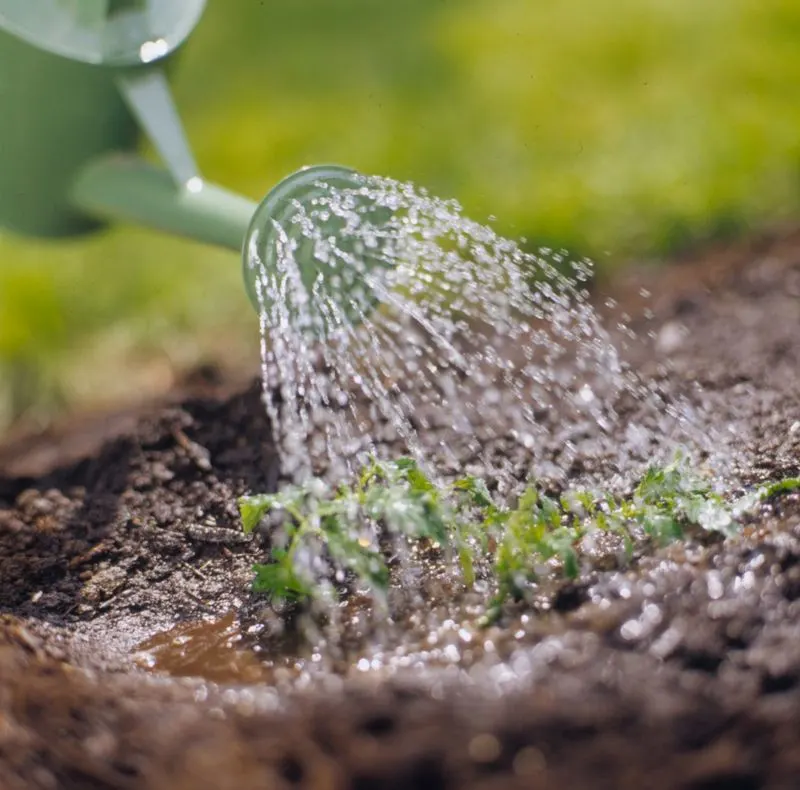
Water is a precious resource; conserving it is vital. Overlooking this can lead to wastage and drought stress. Employ efficient watering methods like drip irrigation.
Collect rainwater and choose drought-resistant plants. Thoughtful water management sustains your garden and reduces environmental impact. By prioritizing conservation, you create a more sustainable gardening practice, benefiting both your plants and the broader ecosystem.

